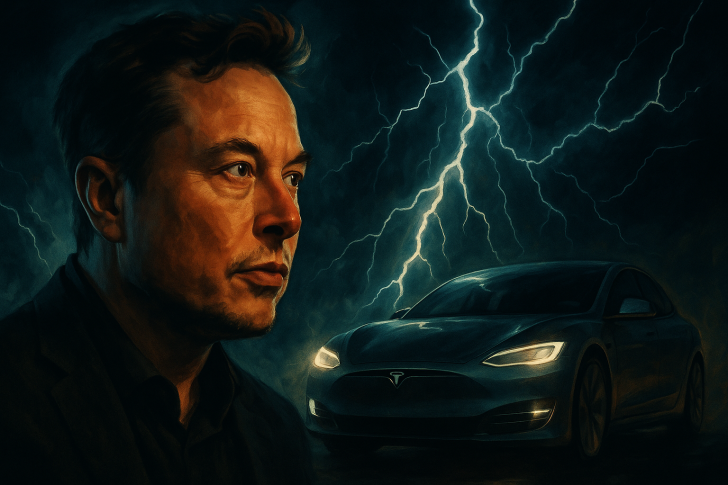⬤ Elon Musk recently sparked conversation about where AI energy infrastructure is headed, arguing that Earth simply can't produce the massive power levels advanced AI will eventually need. Musk said the only realistic way to reach power capacity a million times greater than today's levels is by moving beyond the planet. His comments brought TSLA into a broader debate about how we'll actually power next-generation AI.
⬤ Musk's argument is pretty straightforward—Earth has hard limits when it comes to energy production, and AI's appetite for power is only going up. He believes terrestrial systems won't be able to keep pace with what future AI demands, leaving space-based energy generation as the only scalable solution that makes sense long-term.
⬤ Some pieces of this space economy are already taking shape. Rocket Lab (RKLB) is building out the logistics needed to move infrastructure into orbit, while AST SpaceMobile (ASTS) is expanding satellite connectivity that works straight to mobile phones. These are early steps toward an off-planet network that could one day support energy systems and communications operating entirely beyond Earth.
⬤ The idea that AI's power needs might push us into space signals a major shift in how future tech infrastructure could develop. If energy generation moves off-planet, it would completely reshape the landscape around AI, connectivity, and space-based operations. This discussion highlights just how extreme AI's energy requirements could become and puts early-stage companies like RKLB and ASTS in a strategically important position for what's coming next.
 Marina Lyubimova
Marina Lyubimova

 Marina Lyubimova
Marina Lyubimova


